How people interact with cars is changing at a rapid pace, but in some respects, it hasn’t kept up with the expectations of modern consumers. That’s especially true of the screens in cars, which have lacked the clarity, colour and definition of not just TV screens but also smartphones.
At the Consumer Electronics Show (CES) in Las Vegas, Armin Prommersberger, senior vice president of product management at automotive technology supplier Harman, showed Autocar how that could all be about to change. Considering that Harman is owned by Samsung, it’s odd that it has taken so long, but finally the technology of its new Ready Display interface promises to deliver true black instead of grey, more vivid colours and much better clarity.
“Auto makers can bring HDR quality displays from the living room into their vehicles,” he says. “Our relationship with Samsung allows us to integrate consumer electronics expertise into our innovation process, ensuring the experiences we create are built at automotive grade, with actual users in mind and in partnership with some of the world’s top consumer electronics experts.”
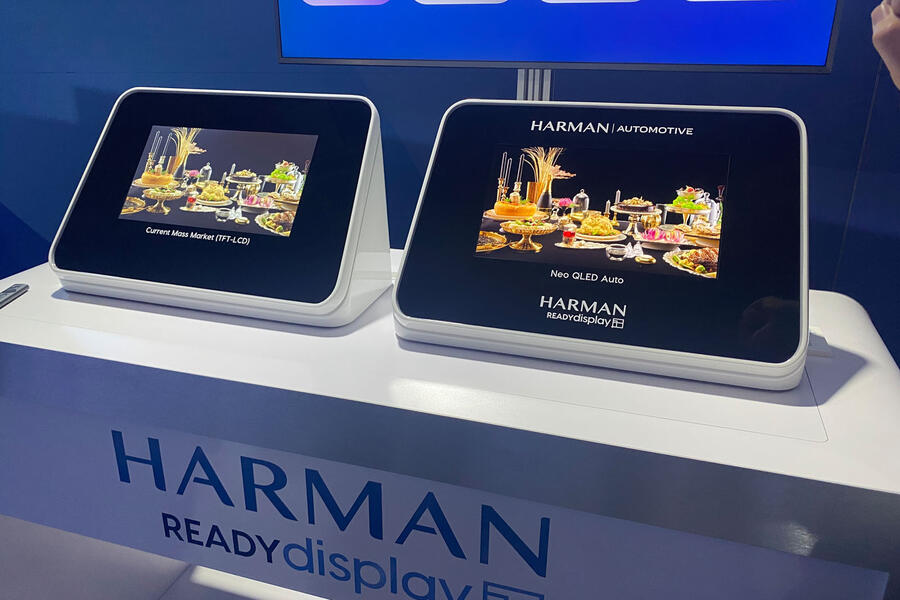
The screen tech, called Neo QLED Auto, uses Quantum Dot film and mini-LED backlighting to provide a high-definition display that’s almost the same quality as an OLED television at home, but without the cost. It will also be good news for those who want to watch movies or play games while their electrified vehicle is charging.
There is also a new core piece of hardware called Ready Upgrade. It looks simple enough, like an old car stereo component without a screen, but it’s likely to become the key to how people interact with their cars, including adding software and apps through Harman’s Ready on Demand. It all uses the Android Automotive Operating System and is linked to a toolkit that means the entire interface can be set up by a car company’s design team using a series of drop-down menus. It’s true plug-and-play, with a hardware upgrade likely to be every 18-24 months, says Prommersberger.
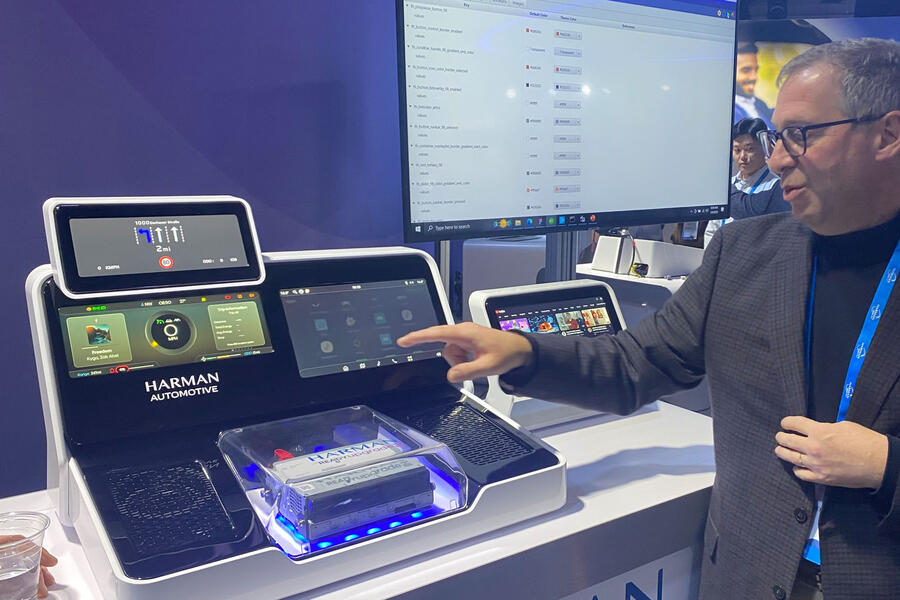

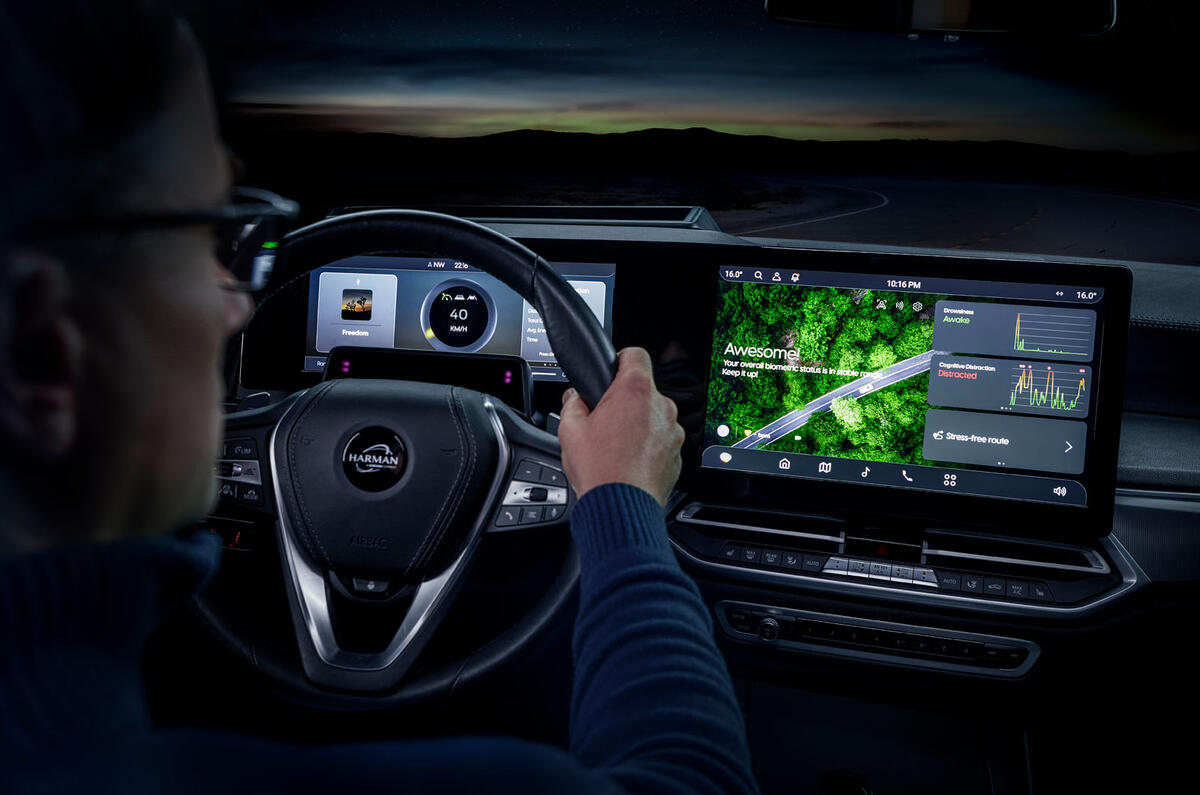
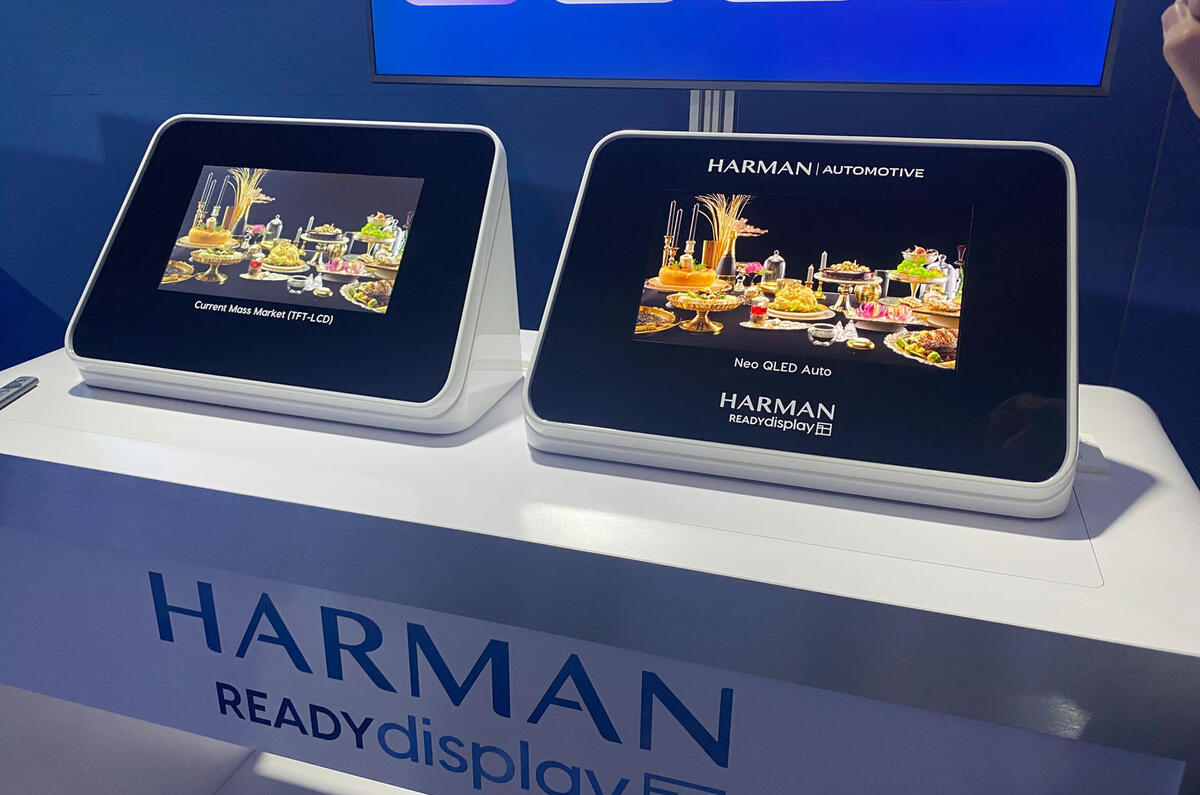
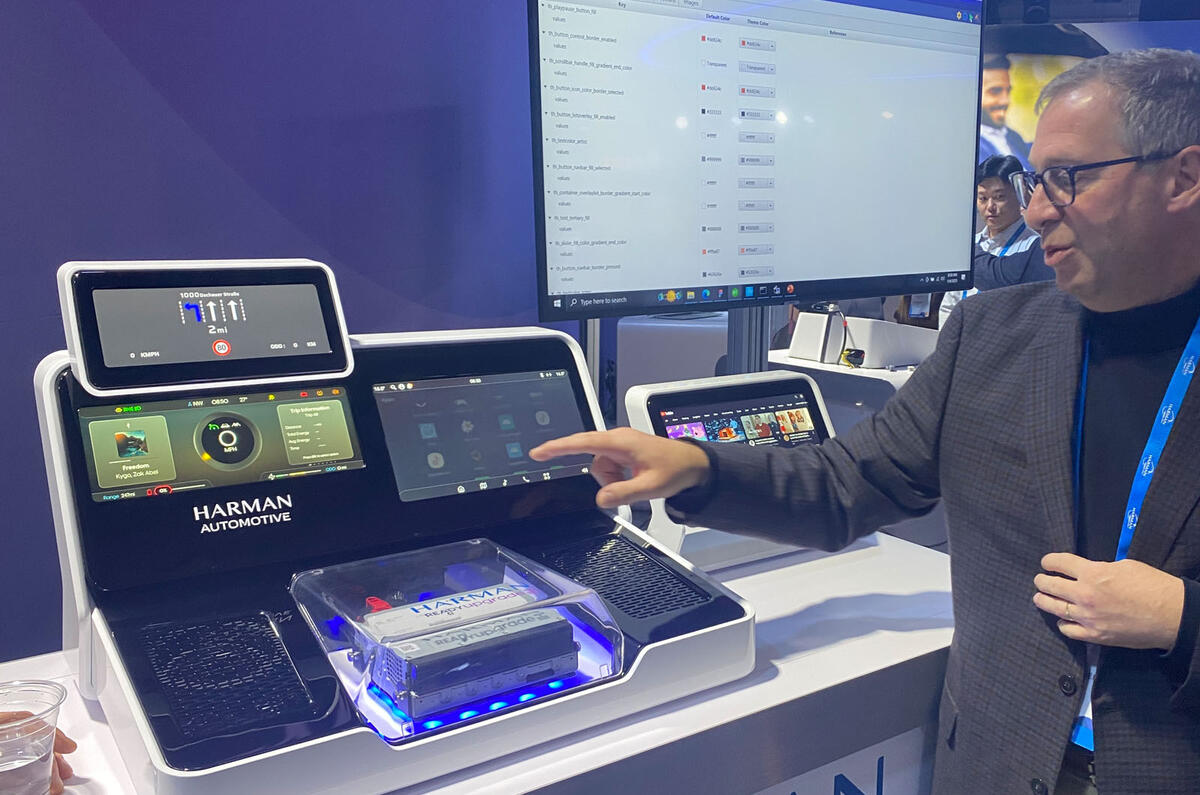
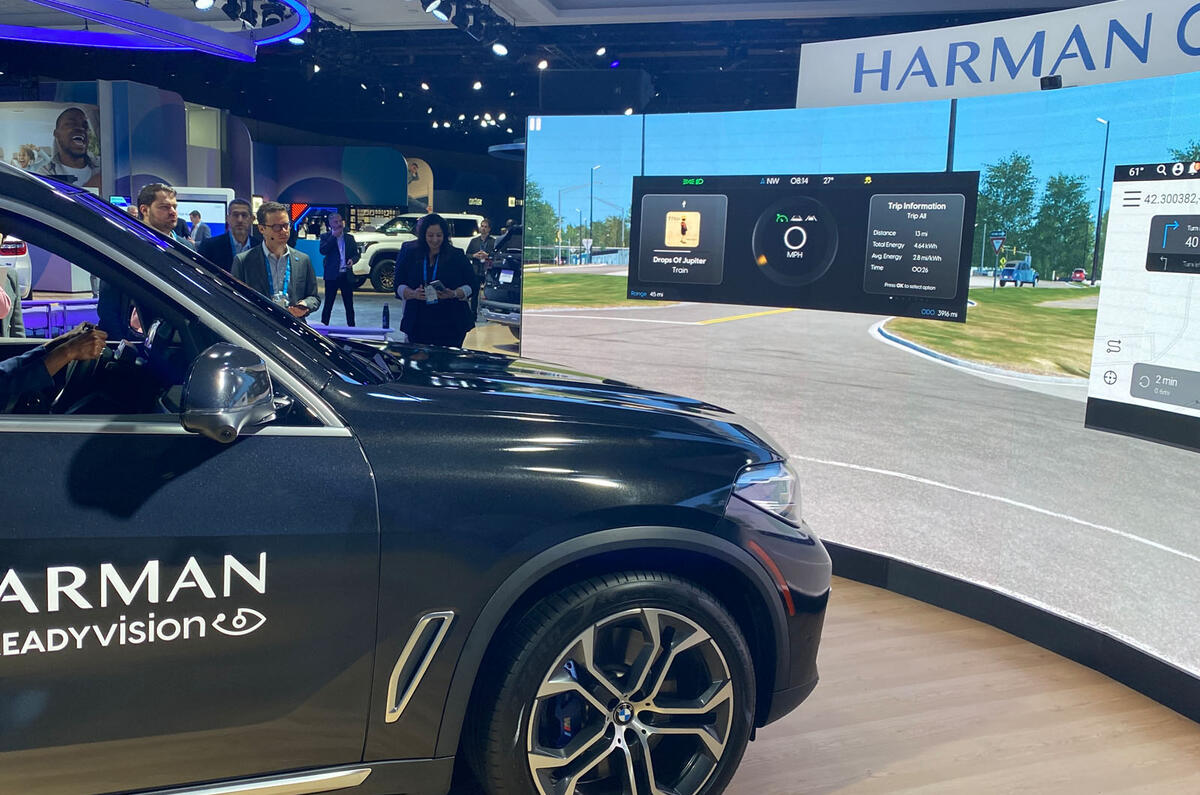
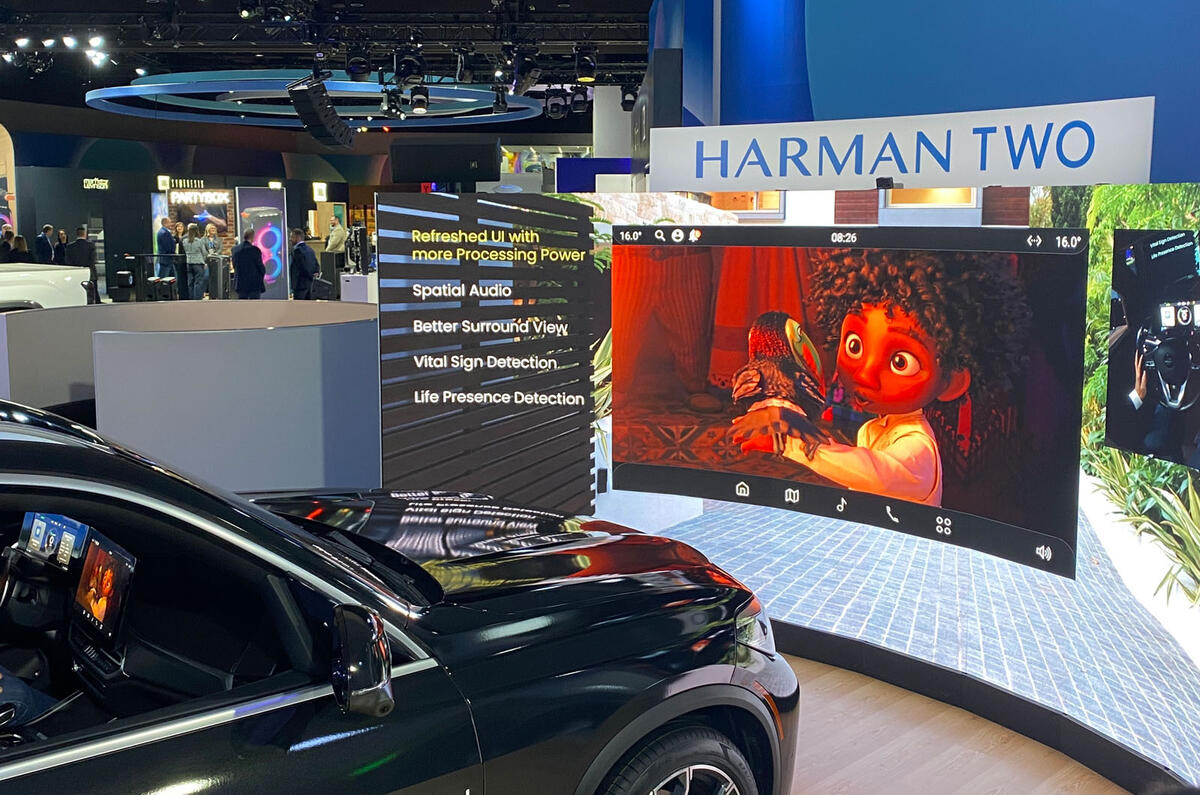
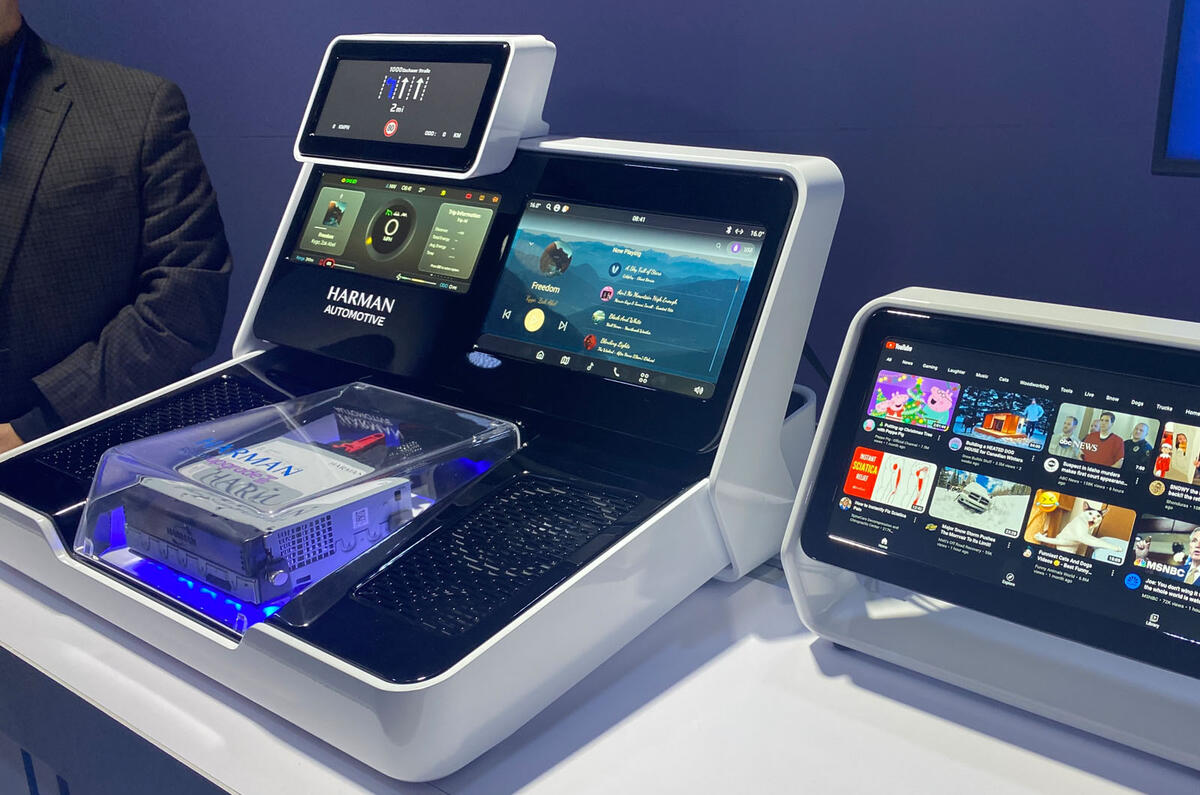
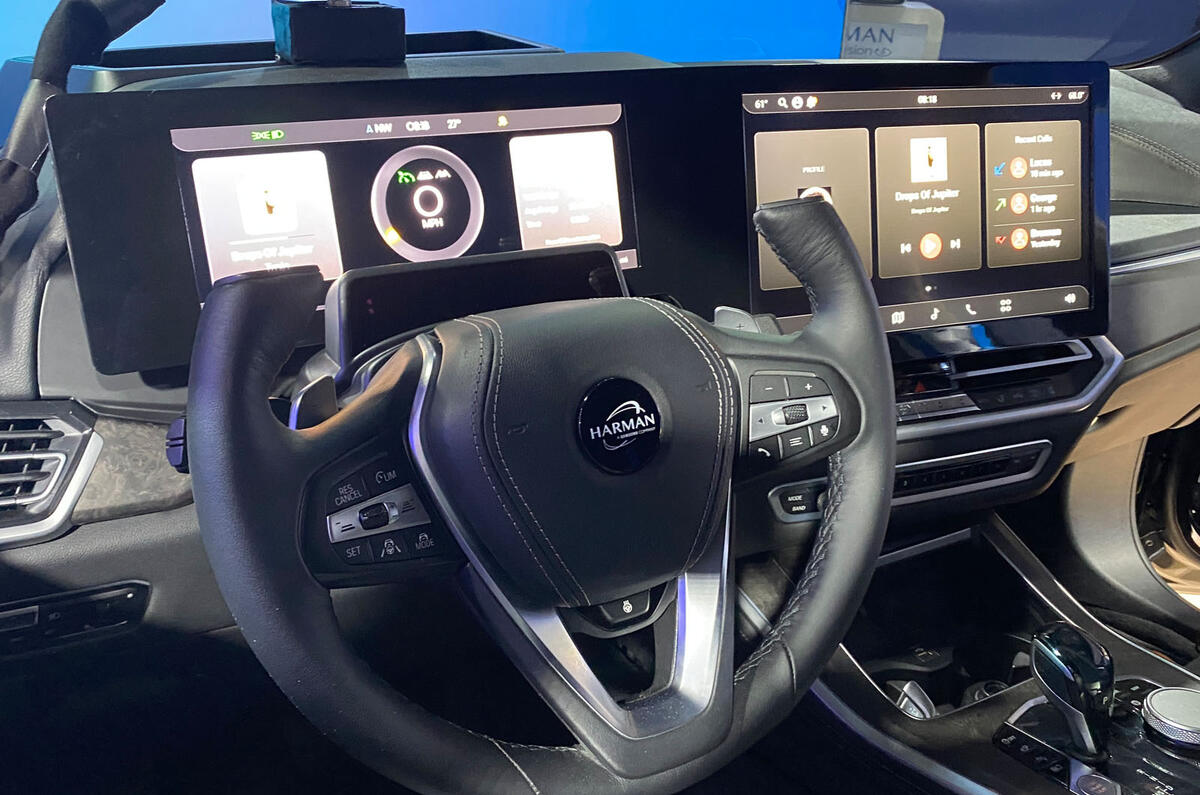
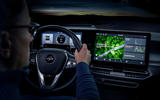
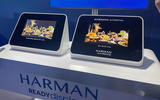
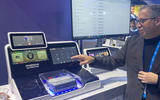
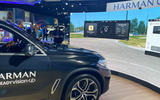
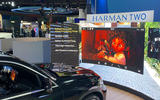
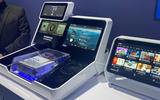
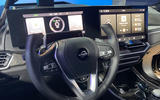

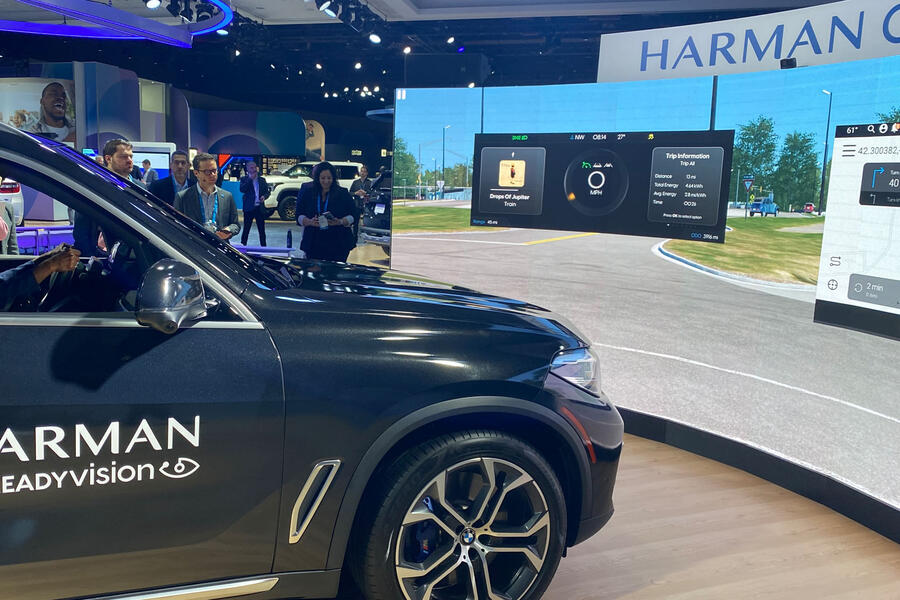

Add your comment